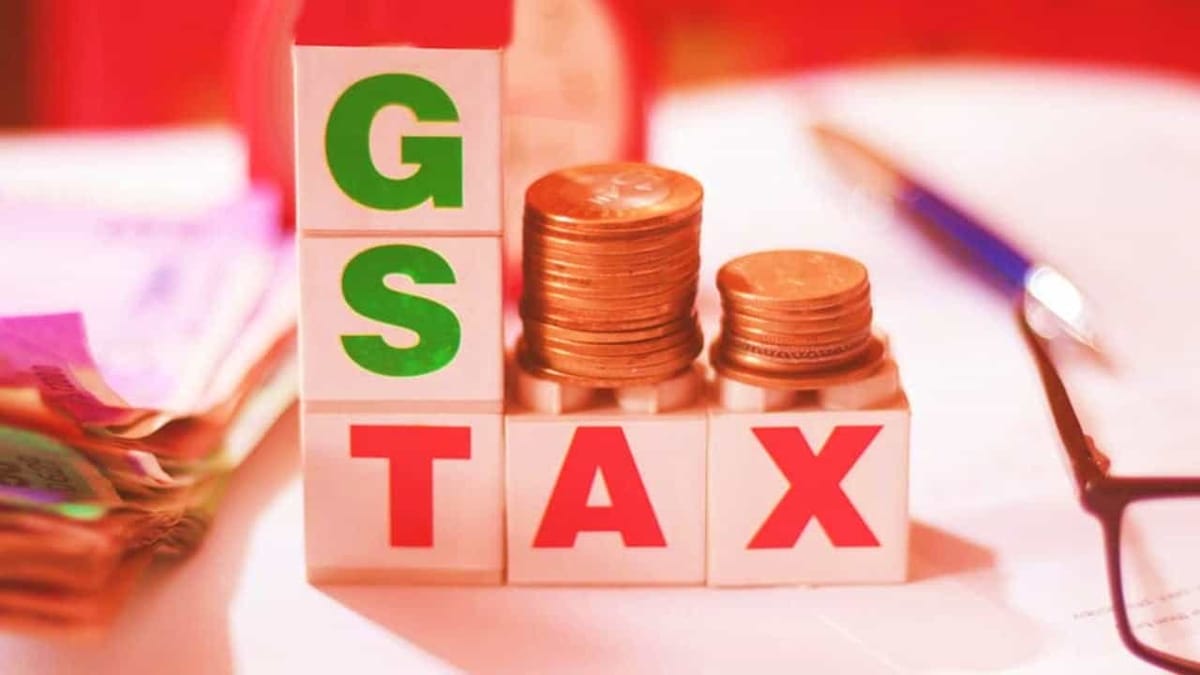Reetu | Jan 5, 2023 |

GST Rate Changes that took effects from 1st January 2023
A few items will have their GST rates reduced beginning January 1st, 2023 in India. Furthermore, only a few were exempt from GST. On December 30, 2022, the Central Board of Indirect Taxes and Customs (CBIC) issued new CGST notifications, implementing revisions made at the 48th GST Council meeting earlier that month.
The GST rates for certain items are revised in Notification No. 12/2022-Central Tax (Rate). Previously, ethyl alcohol sold to Oil Marketing Companies (OMCs) or Petroleum refineries for use in blending with motor spirit (petrol) was subject to an 18% GST. According to the revision, the above sale will be subject to 5% GST if delivered on or after January 1, 2023. As a result, denatured ethyl alcohol and other spirits of any strength will still be subject to 18% GST.
Sharp, bran, and other residue pellets as well as the same materials in any other form produced by sifting, milling, or working cereals or leguminous plants are subject to a 5% GST tax. On the other hand, the supply of husks from pulses, chilka and concentrates, chuni or churi, and khanda primarily used as cattle feed is exempt under Notification No. 13/2022-Central Tax (Rate). In other words, the items listed above for cattle feed and the husks of pulses are exempt from paying GST.

Change of GST Rates
Additionally, pencil sharpeners have been left out of this entry, unlike in the past, while mathematical boxes, colour boxes, and geometry boxes will all be subject to a GST rate of 12%. A 12% GST levy will be applied to non-carbonated drinks made with fruit pulp or juice.
According to Notification No. 14/2022-Central Tax (Rate), the supply of bergamot oil, spearmint oil, water mint oil, horsemint oil, and peppermint essential oil (Mentha piperita) by any unregistered person to registered persons is subject to GST on a reverse charge basis. Sales made on or after January 1st, 2023 are covered.
Last but not least, the government has added a justification for the exemption of renting out residential properties to registered persons. The tenant, who is also a proprietor, must use the rented space as their own residence and on their own account, according to Notification No. 15/2022-Central Tax (Rate). To put it another way, the expense cannot be billed to the owner’s account.
In case of any Doubt regarding Membership you can mail us at contact@studycafe.in
Join Studycafe's WhatsApp Group or Telegram Channel for Latest Updates on Government Job, Sarkari Naukri, Private Jobs, Income Tax, GST, Companies Act, Judgements and CA, CS, ICWA, and MUCH MORE!"